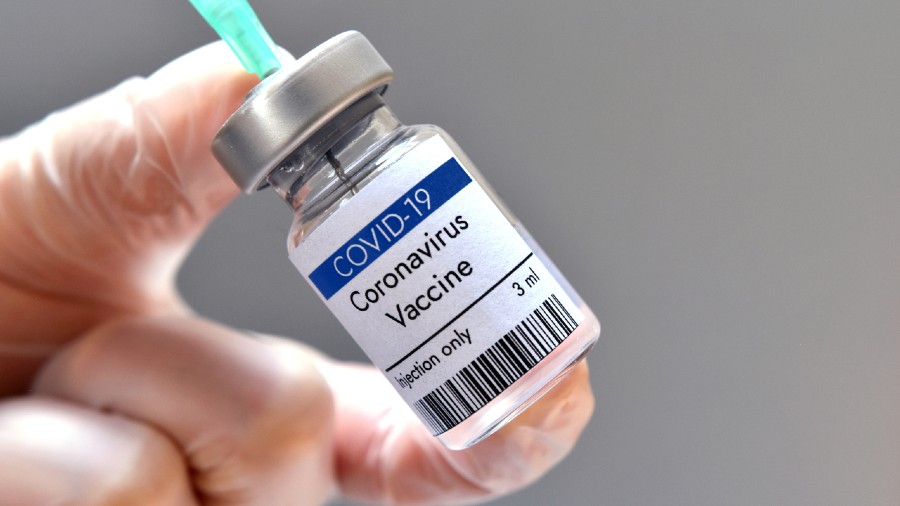Two and a half hours after being injected with a Covid-19 vaccine, Dr Taneisha Wilson was hit with the worst headache of her life.
In her home office in Cranston, Rhode Island, Dr Wilson, 38, an emergency physician with a constitution she calls “horse-like”, laid her head down on the desk. Fighting a wave of nausea, she let out an involuntary groan loud enough to be heard by her husband in a room down the hall.
“Are you OK, babe?” he called.
“It felt like I got smacked,” Dr Wilson recalled in an interview.
That is not how most people who get the vaccine feel afterward, but reactions like Dr Wilson’s were not uncommon in the clinical trial results of the two Covid vaccines now being distributed across the US. Pfizer, the company that makes the one she received, reported that some 13 per cent of recipients aged 18 to 55 had a bad headache after the first dose. About 16 per cent of those who received the other vaccine, made by Moderna, in a late-stage trial had a reaction strong enough to prevent them from going about their daily routine.
As tens of millions of Americans await their turn for a shot, many are hungering for details about what to expect. So, at the request of friends, colleagues and reporters, some people like Dr Wilson who were in the vanguard of the biggest vaccination programme in US history are beginning to offer their personal accounts.
The New York Times interviewed several dozen of the newly vaccinated in the days afterward.
They recounted a wide spectrum of responses, from no reaction at all — “Can’t even tell I had the shot”, said a hospital worker in Iowa City — to symptoms like uncontrolled shivering and “brain fog”.
A nurse assistant in Glendora, California, wondered whether the fever he ran was a side effect of the vaccine or a sign that he had been infected by one of his Covid patients.
And there was a dizzying variety of sore arms. Some likened the pain to that from a flu shot; for others, it was considerably worse.
Like nearly every vaccine recipient who spoke to The Times for this article, Dr Wilson stressed that she had no regrets about getting the shot, despite the headache, which was gone within 36 hours. The Food and Drug Administration has found the vaccines to be safe and remarkably effective. And public health leaders say mass vaccination is the only hope for controlling the virus that is now claiming the lives of close to 3,000 Americans a day.
But in these first weeks of vaccination, there is an inescapable element of suspense.
Along with a card reminding them when to get the necessary second dose, vaccine recipients are handed information on how to report side effects to the Centers for Disease Control and Prevention through an app called V-Safe.
The Pfizer-BioNTech and Moderna vaccines both rely on a genetic technology that has never before yielded a vaccine that won regulatory approval. They are authorised for emergency use only. Studies of their safety, including the cases of an Alaska health care worker and a Boston doctor who experienced severe allergic reactions after receiving their shots, are still underway.
And as Dr Wilson crawled into bed at 10.30 on a weekday morning, she could not help but be “hyper-aware”, she said, “I had just been vaccinated with this novel vaccine.”
As vaccines go, experts have agreed, the two being distributed now elicit more reactions than most.
At the Sundale Nursing Home in Morgantown, West Virginia, Betty Shannon, 81, said some fellow residents had an upset stomach after becoming some of the nation’s first seniors to receive a Covid vaccine.
Lorenzo Alfonso, 34, a nurse assistant in California, was unusually tired and achy.
New York Times News Service











